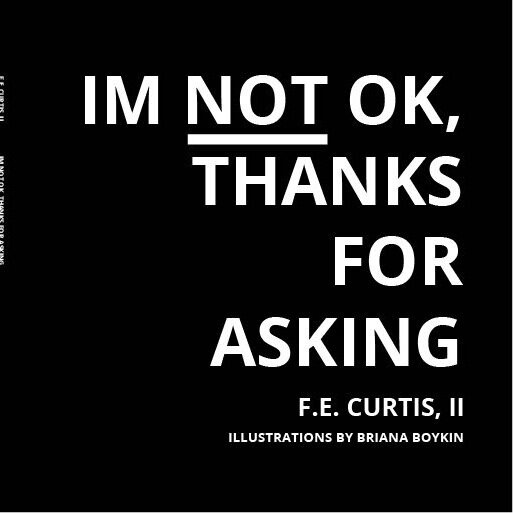Apollo 10 1/2 – A Very Narrow Nostalgia
Why does Rice play Texas?
That’s been one of a handful of signature lines I’ve offered to people over the years, whether through brief social media bios, late night conversations under some kind of influence, or as a motivational quote. The question, posed by President John F. Kennedy during an address at Rice University in Houston in 1962, does a fine job of encapsulating the nuance, exceptionalism, and tragedy of American life in the 1960’s.
In his latest film, Richard Linklater attempts to do the same in a self-proclaimed coming of age story, rooted in the Space Race between the United States and the Soviet Union in the 1950’s and 60’s.
In many ways, you can see Linklater ask himself a similarly probing question as he undertook such an ambitious and layered project. Apollo 10 1/2 and its titles went through some rounds of editing (the original title was Apollo 10 1/2: A Space Age Adventure) but at the end of the day, it’s a project that mostly launched with a powerful ferociousness and lands right on the edge of contentedness.
Apollo 10 ½’s central focus is a boy named Stan. Stan and his family of eight live in suburban Houston where his dad runs shipping and logistics for NASA and his mom is the best homemaker this side of Laura Petrie.
The production of Apollo 10 1/2 is an accomplishment itself. An animated story about an invisible race to the moon during one of the most tumultuous and transformative times in American history doesn’t seem like a film that would get cleared in our current age of over-the-top superhero and action films. And yet, Apollo works. While the steaming era has ushered in a plethora of less than exciting changes to how we consume, discuss, and criticize mass media, one of the positives is our ability to engage with culture from decades past with the click of a few buttons. Never before has someone born in 1990 been able to create a world in which they can legitimately feel like they can recall life in 1965.
That’s what makes Apollo good, but it’s also what keeps it from being great. It’s an immersive story, but the immersion prevents it from being more. The plot requires the central focus to be on one kid, and his extraordinary, top secret trek to the moon. In that, you get a narrow scope of the surrounding cultural upheaval directly impacting, and one could argue contributing to, the space race.
To his credit, Linklater tries to loop in the counterculture on the peripheral. The albatross that is the Vietnam War is present. There’s a reenactment of a live television interview where a young Black man says the millions spent on going to the moon would be better off going to feed Black kids in Harlem. Linklater hints at the multiple assassinations of civic and social leaders. He lets you know Stan’s family is firmly entrenched in middle class White America, vaguely aware of the issues present for those outside of their socioeconomic bubble, but doesn’t spend much time dwelling on them.
In many ways, Apollo is less a coming-of-age story and more just a well-crafted story. On the margins, it’s a story about a kid going to the moon. On its face, it’s a reflection for middle class White America, and how an invisible race to space helped them feel better about a rapidly changing American landscape. Sound familiar?










